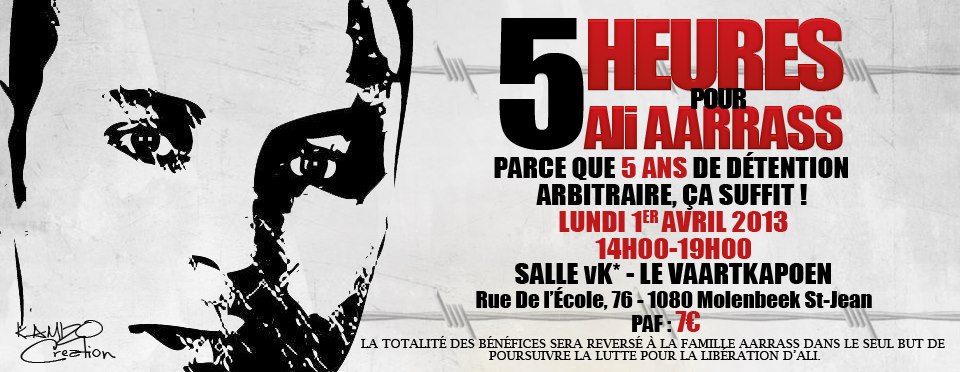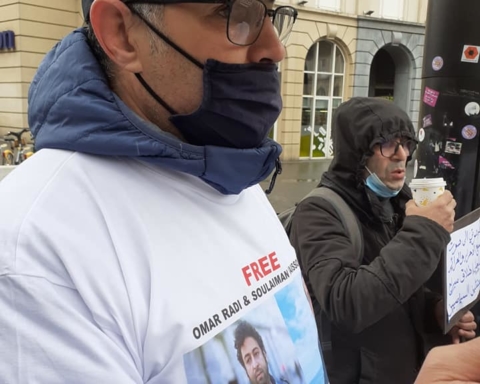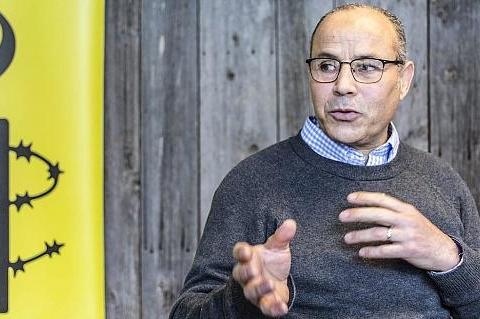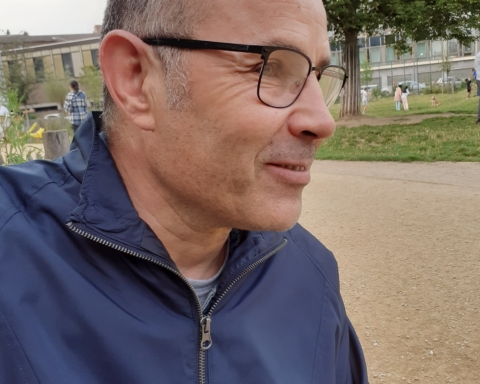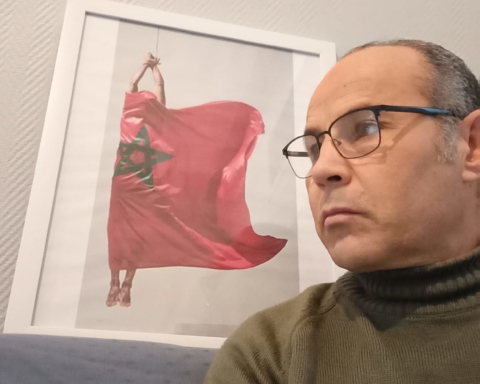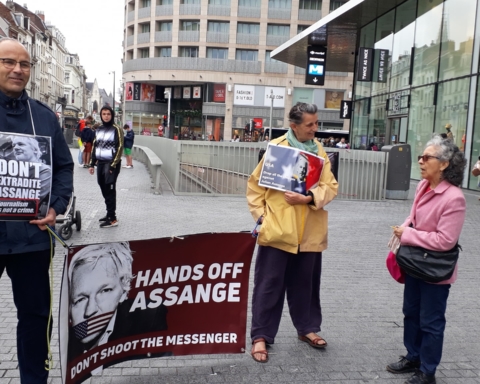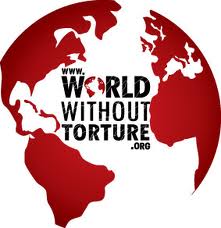 Editor’s Note: A French version of this blog is available for download here (Une version française de ce blog est disponible en téléchargement ici) [DOC]
Editor’s Note: A French version of this blog is available for download here (Une version française de ce blog est disponible en téléchargement ici) [DOC]
Ali Aarrass is a Belgian-Moroccan citizen currently held in a Moroccan prison, where he is regularly subjected to various forms of inhuman and degrading treatment.
His ordeal began in 2006 when he was arrested for the first time in Spain for smuggling weapons into Morocco. Released on bail, he was arrested for the second time in April 2008 by Spanish authorities, following an international arrest warrant issued by Morocco.
That time, he was accused of being involved in terrorist activities. This accusation was based on a list of suspects provided by Abdelkader Belliraj after being subject to torture. However, after a two-year investigation, the Spanish court found no evidence proving that Ali was guilty. Yet, Moroccan authorities still insisted on his extradition.
In a preliminary decision of the UN Human Rights Committee issued in late 2010, the Committee requested that Spain not extradite Ali before any further consideration was taken on his case because of the high risk that he would be facing torture in Morocco.
Despite a formal recognition of his innocence by the Spanish justice system and a high risk of being subjected to torture if extradited to Morocco, Spain proceeded with his extradition on 14 December 2010.
The feared violation of Ali’s fundamental rights unfortunately immediately occurred. Ali was secretly detained and interrogated under torture by Moroccan police. Therefore, he was not only a victim of torture, but also a victim of a serious violation of his procedural rights.
The use of forced confessions obtained under torture was the only legal basis for his conviction of being involved in terrorist activities.
Ali reported being subjected to torture during his detention by Moroccan police and referred his case to the UN Committee against Torture. Thereafter, the Moroccan authorities ordered a medical examination, which was conducted by three Moroccan doctors. While their assessment did not confirm the allegations of torture, it strongly questioned the credibility of the original medical. Indeed, the medical report does not seem to rely on any standard derived from international law, such as the Istanbul Protocol, the common name for the Manual on Effective Investigation and Documentation of Torture and Other Cruel, Inhuman, or Degrading Treatment or Punishment, an internationally recognised standard for conducting a forensic medical and psychological examination in a torture case.
Facing this situation, Ali’s lawyers — members of a Belgian human rights organisation “Jus Cogens” – called for the IRCT’s support in early 2011, in the context of the project “Forensic Evidence Against Torture” (FEAT).
This liaison between lawyers and an independent medical expert, established by the IRCT, has enabled a thorough and substantial criticism of the three-page Moroccan expertise within a very short time frame. Thus, lawyers have been able to use this “counter-report” before national and international courts.
The forensic expert was selected among the members of the Independent Forensic Expert Group (IFEG) established by the IRCT in 2008. This group is composed of highly-qualified health professionals trained on the medical procedures contained in the Istanbul Protocol.
The forensic expert concluded that the report ordered by the Moroccan Attorney General did not meet the requirements of the Istanbul Protocol. Indeed, he notes that the report only contains very basic information on Ali’s medical state, without bringing any kind of psychological and psychiatric assessment to the analysis.
The expert therefore recommended that a new medical and psychological examination should be conducted in accordance with the Istanbul Protocol and by a doctor experienced in the field of health expertise on victims of torture and inhuman and degrading treatment.
In order to give more weight and credibility to the counter-report issued by the IFEG expert, a second counter-report was carried out by a Moroccan doctor, also member of the IFEG. He confirmed the conclusion of the first international expert stating that the report conducted under the Attorney General’s orders was not in conformity with the Istanbul Protocol.
Yet the submission of forensic expert reports and statements in compliance with the Istanbul Protocol is sometimes simply not enough. It is up to the courts to recognise them as evidence.
The case of Ali Aarrass is an obvious example. Despite the production of two independent expert statements by international independent health professionals, the Moroccan courts effectively ignored allegations of torture at all stages of the trial.
Seeing the bad faith with which Moroccan authorities have been handling the case, Ali’s lawyers are quite pessimistic about the future of the case. Indeed, they are not expecting the justice system to leave the possibility of national authorities recognising the torture suffered during Ali’s first interrogations in Morocco. It is likely that Ali will serve the 12-year sentence, as decided by the appeal court.
Morocco does not seem to respect its international legal obligations, particularly with regard to the Convention against Torture, which the country ratified in 1993. The obligations to investigate and to provide as full means as possible for the rehabilitation of victims are not optional.
Ali Aarrass continues to suffer daily abuse, and inhuman and degrading treatment inside his prison. However, despite the continued threats and actual abuse, he never hesitates to speak out on his situation.
Many organisations, lawyers, family members who support him, and Ali himself, can still hope that the international bodies will eventually recognise the violation of Ali’s fundamental rights and offer him an opportunity for full rehabilitation.

